Revisiting the ‘Insurgent’ Generals
Vanity Fair has an interesting profile of six retired generals -- all of whom voted for George W. Bush -- who famously and courageously condemned the administration's conduct of the Iraq war. Find out why they went against years of military tradition to speak out, and how they feel about the current state of affairs.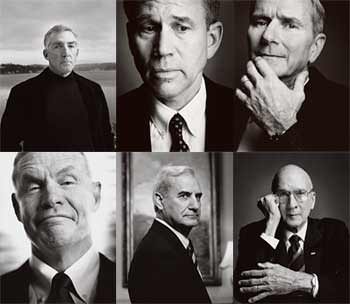
Vanity Fair has an interesting profile of six retired generals — all of whom voted for George W. Bush — who famously and courageously condemned the administration’s conduct of the Iraq war. Find out why they went against years of military tradition to speak out, and how they feel about the current state of affairs.
Your support matters…Vanity Fair:
From the outside, the six insurgent generals looked suspiciously like a cabal, but there was nothing conspiratorial about them. While a few knew one another, their protests were not coordinated; to this day several have never met. For the most part, they were connected only insofar as one of them emboldened the next, and the next, and the next.
It is hard to conceive of a more improbable group of dissenters. Several are military brats who married military brats and begat military brats. With one exception — who, on principle, never voted at all — all had cast ballots for George W. Bush in 2000. That wasn’t unusual: to this day, none has ever voted for a Democratic presidential candidate, though this now may well change. All applauded when [Donald] Rumsfeld was named to his post; some even initially favored his plans to streamline — or “transform,” as he termed it — the military. But most had soured on him before the public did, after, they believed, he had humiliated and marginalized four-star general Eric Shinseki, the much-respected army chief of staff, who in February 2003 publicly disputed Rumsfeld’s lowball estimates of the troops required for any Iraq war.
Though some of the generals had complained while on active duty about Rumsfeld’s handling of the war — and, they believe, were penalized for their candor — each had to overcome a lifetime of reticence before calling for him to be replaced. In doing so, each surprised his peers and even, it seems, himself. Several say they would never have spoken up had anyone else — the Congress, the news media, the four-star generals — done so first. All seem a little out of their element in the media glare, ingenuously candid, unaccustomed to the refuge of “off the record.”
With one exception, all are between 50 and 60 and, if they didn’t actually serve in Vietnam, were shaped — and haunted — by its legacy. They are generally thoughtful, soft-spoken and articulate, belying the stereotypes of belligerent warriors. Some initially supported the war in Iraq; others had doubts from the outset. Some say they’ve only been praised for speaking up; two claim to have lost job prospects because of it. Most are glad they talked, but two have regrets; one said he would never do it again. All oppose a precipitous withdrawal from Iraq but view the “surge” as too little, too late, at least without lots of money and diplomacy thrown in. All recognize the limits of military power, as only military men can.
Independent journalism is under threat and overshadowed by heavily funded mainstream media.
You can help level the playing field. Become a member.
Your tax-deductible contribution keeps us digging beneath the headlines to give you thought-provoking, investigative reporting and analysis that unearths what's really happening- without compromise.
Give today to support our courageous, independent journalists.

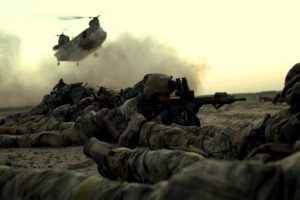

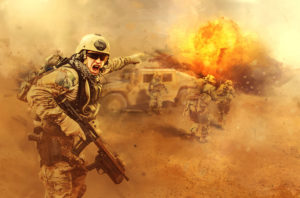
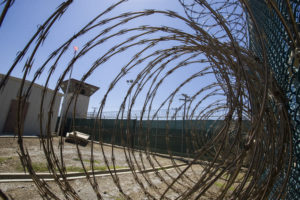
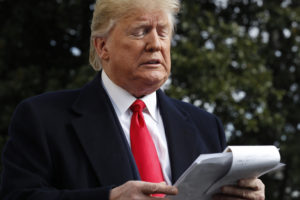
You need to be a supporter to comment.
There are currently no responses to this article.
Be the first to respond.